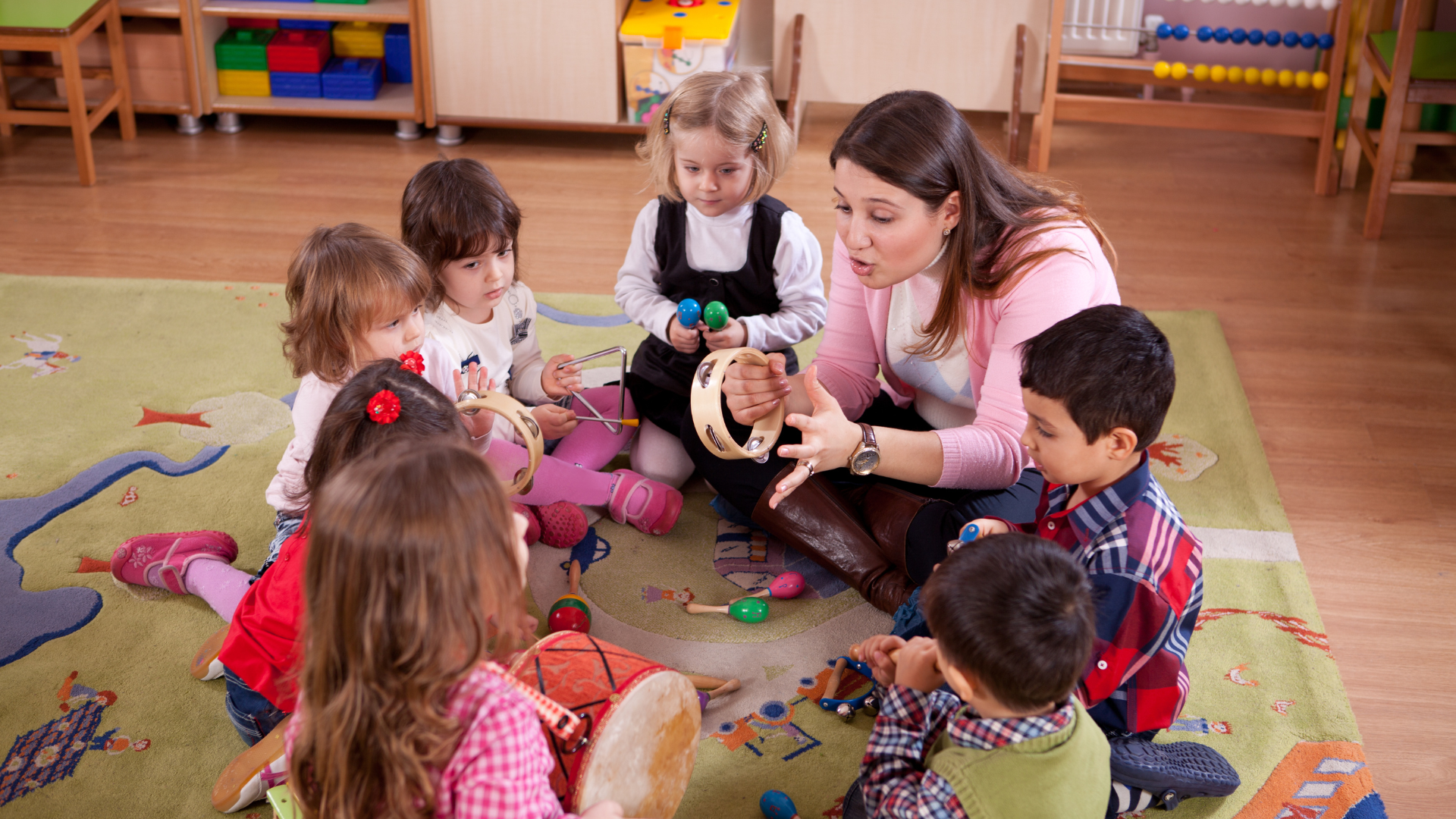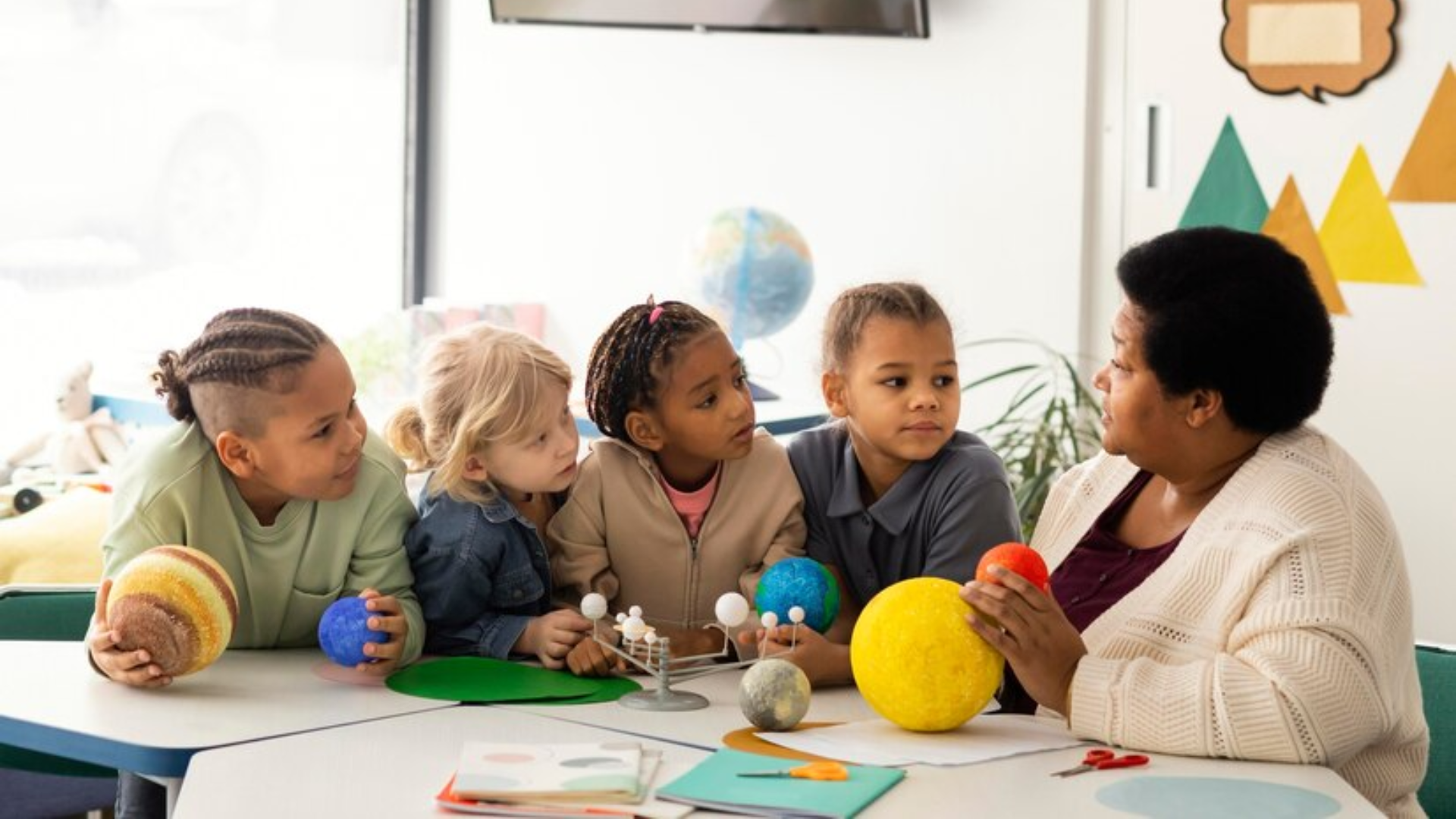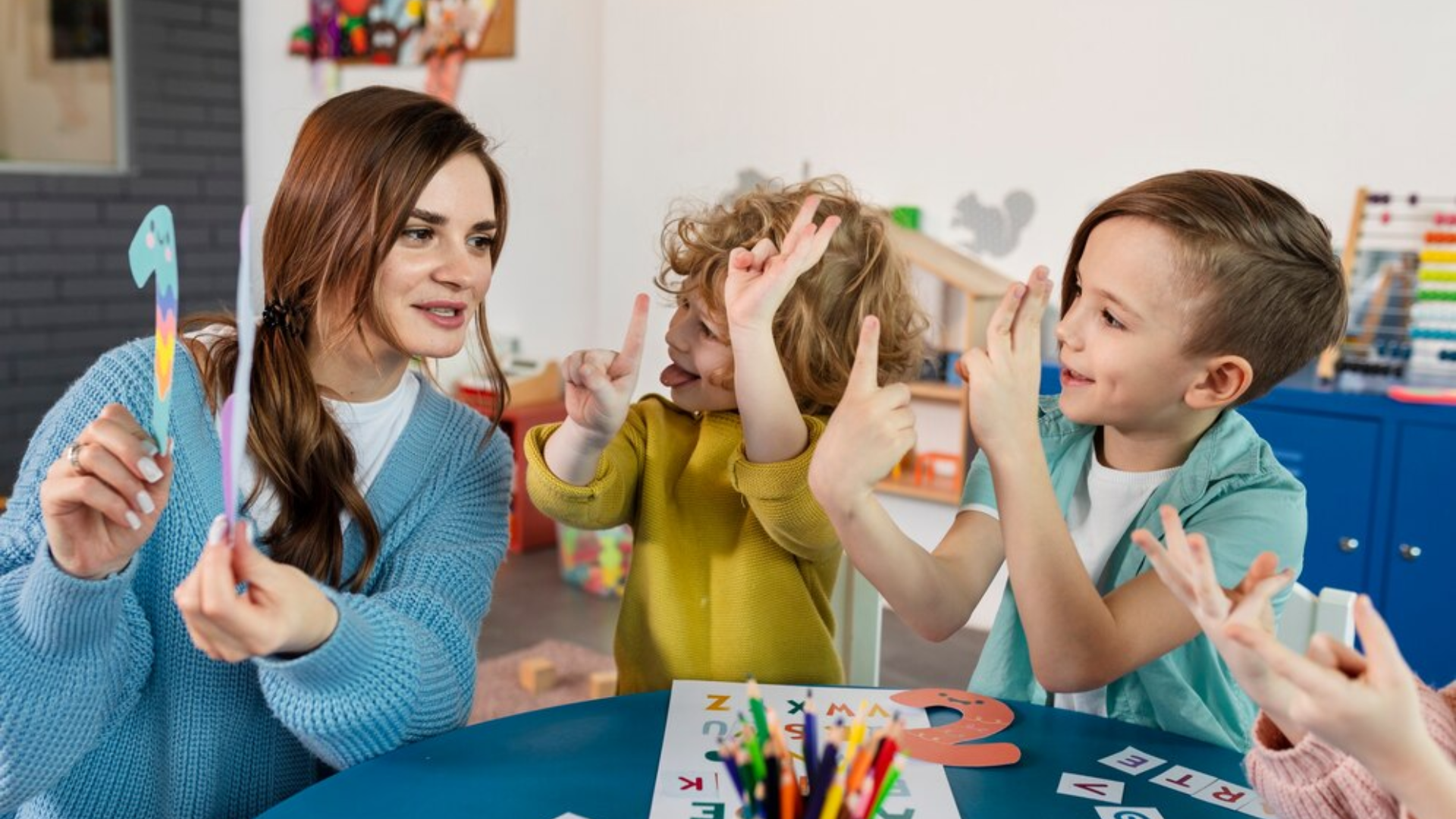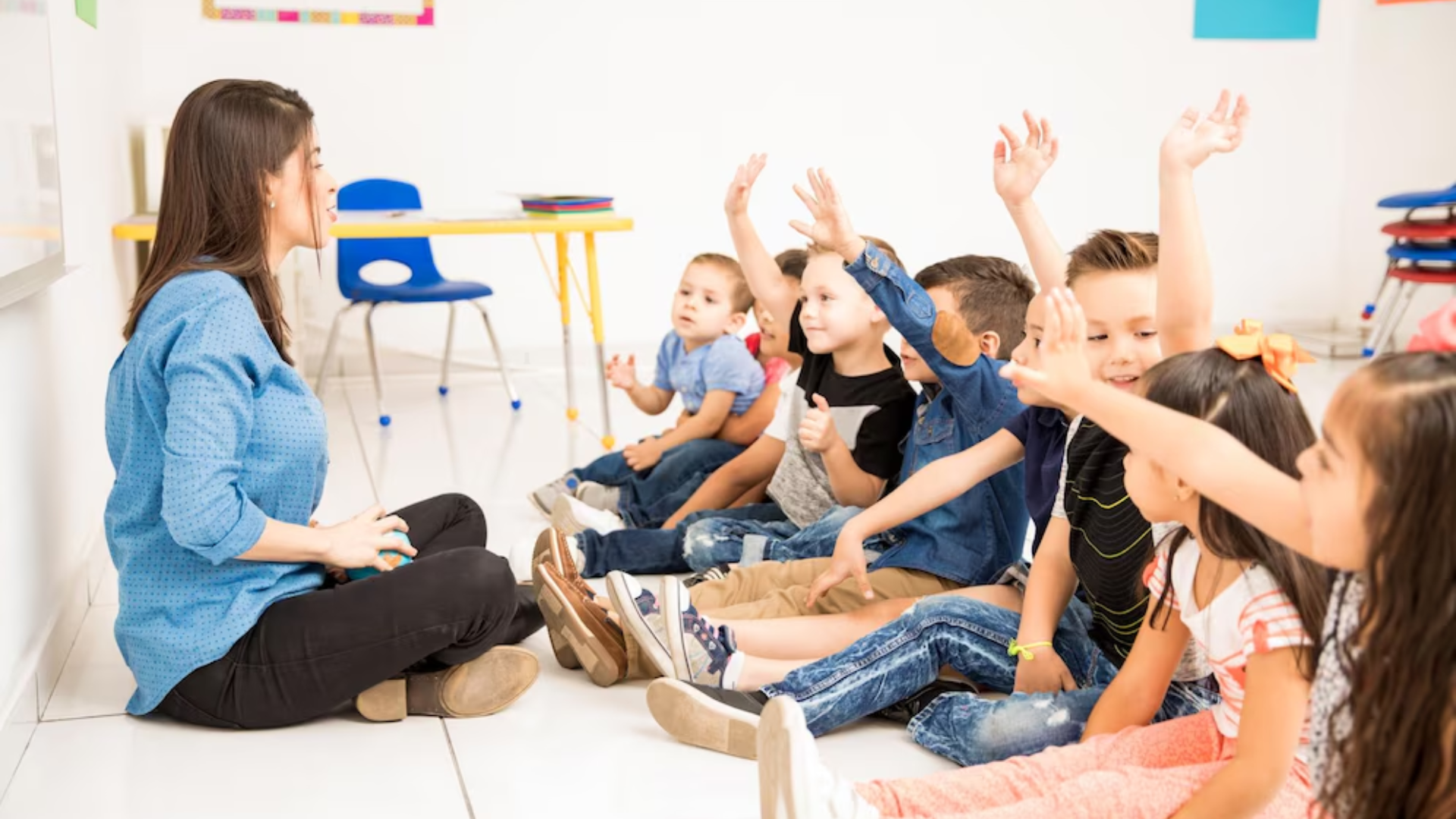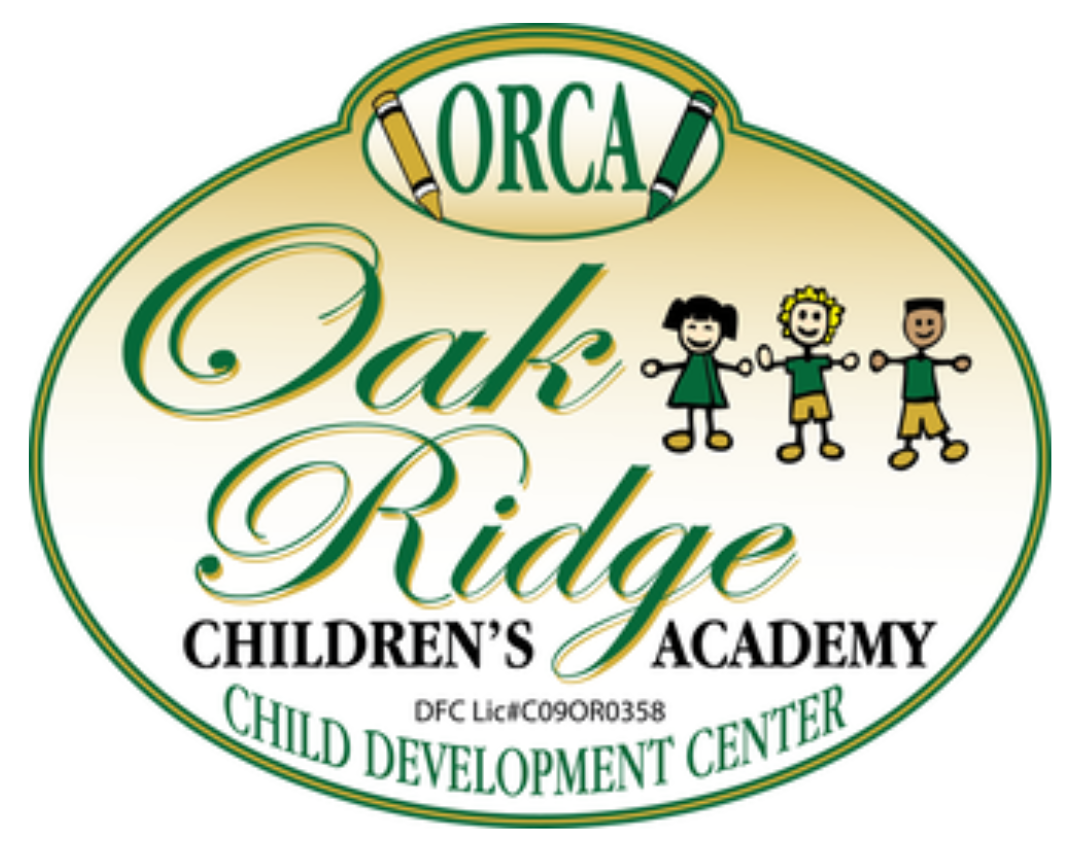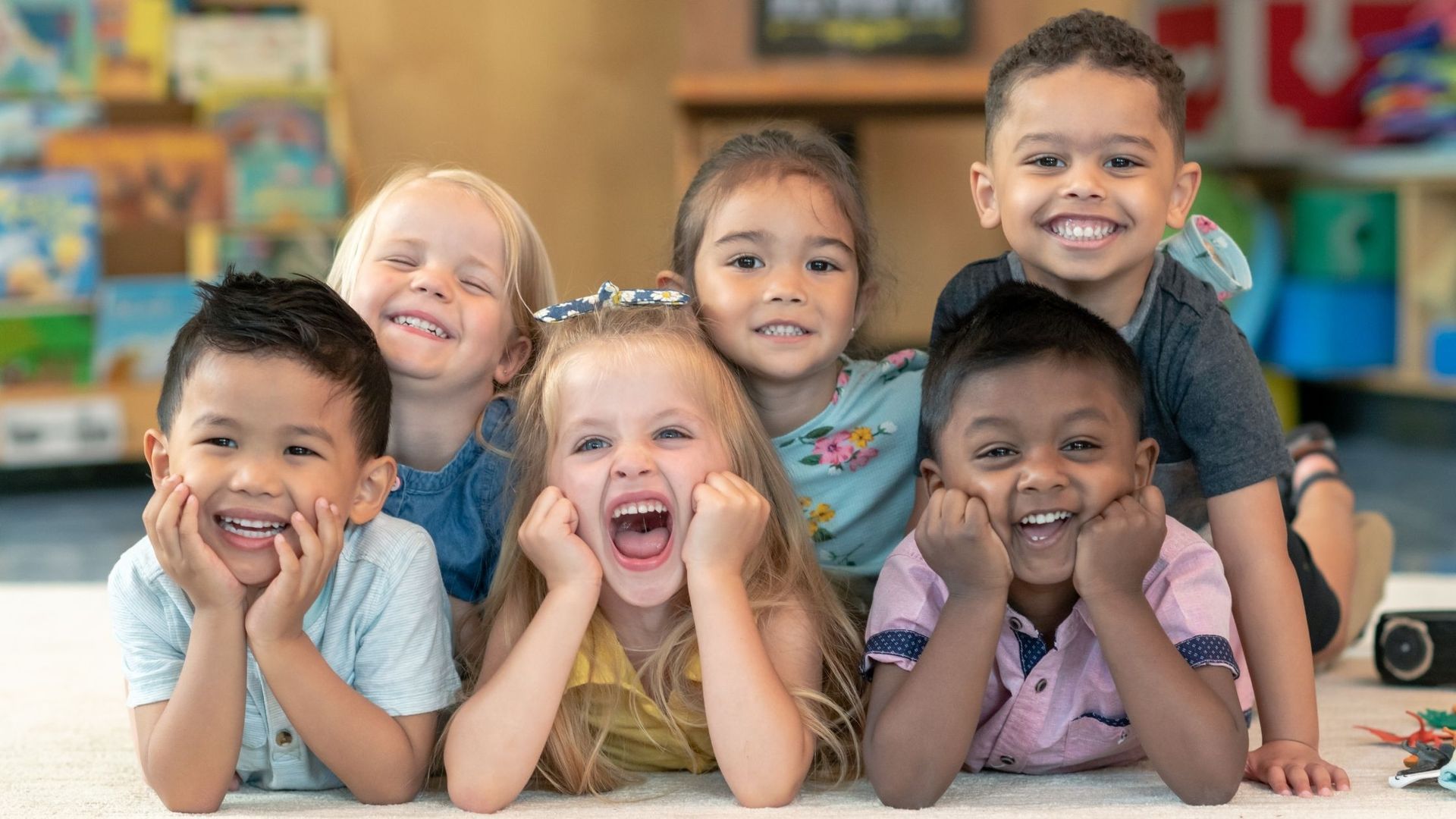June 12, 2025
Speech and language development is a key part of a child’s overall growth during the preschool years. Between ages 2 and 5, toddlers and preschoolers experience rapid advancements in their ability to communicate with others. From early words to full sentences, these milestones play an important role in preparing children for academic learning, social interactions, and emotional expression. As parents and caregivers, understanding the typical speech milestones for each age range can help you track your child’s progress and identify when they might need additional support. In this blog post, we’ll explore the major speech and language milestones you can expect between ages 2 and 5, offering guidance on how to encourage healthy speech development. Speech Milestones for 2-Year-Olds At age 2, children are just beginning to develop their communication skills. While their vocabulary is still limited, they are starting to connect words to meaning and express their needs and desires. Here’s what you can expect: Vocabulary Development : By age 2, toddlers typically have a vocabulary of around 50 words, though this can vary. They may use simple words to name objects, people, and places, and begin to use words like "more" and "please." Two-Word Phrases : One of the major milestones for 2-year-olds is the use of two-word phrases. These can be as simple as “want cookie” or “big truck.” At this stage, toddlers begin to link words to express their needs and ideas. Imitation of Speech : Two-year-olds love to imitate sounds and words they hear. You might hear them try to repeat your sentences or the words from their favorite books or songs. Imitation is an essential part of language learning. Understanding Simple Commands : While toddlers may not always be able to respond verbally, they typically understand simple directions such as “come here” or “give me the ball.” At this age, encourage speech development by talking to your child throughout the day, reading aloud together, and expanding on their simple phrases. For example, if they say “dog,” you can respond with, “Yes, that’s a big dog!” This helps expand their vocabulary and understanding of sentence structure. Speech Milestones for 3-Year-Olds By age 3, children’s speech and language skills begin to flourish as they form more complex sentences and use language to express a wider range of thoughts. Here are some common milestones for 3-year-olds: Vocabulary Explosion : By age 3, many children have a vocabulary of about 200–1,000 words. They are learning new words rapidly, including names for animals, colors, shapes, and everyday objects. Using Three- to Four-Word Sentences : Three-year-olds can typically form sentences with three to four words, such as “I want juice” or “Mommy go work.” These early sentences are often used to express needs or tell simple stories. Pronunciation Improvements : While their speech is still developing, many 3-year-olds can pronounce simple words clearly enough for familiar adults to understand. Some sounds may still be challenging, like "r" or "th," but their speech is becoming more intelligible. Answering Questions : By this age, children can answer simple questions, such as “What’s your name?” or “Where is the ball?” They may also begin to ask questions, like “What’s that?” or “Where’s mommy?” Understanding Concepts : Three-year-olds start to understand basic concepts such as "in," "on," "under," and "next to." They may be able to follow slightly more complex instructions, such as "Please put the toy on the shelf." To support their speech development, continue reading together and encourage conversations. Engage them in pretend play, as this helps to build language skills and creativity. Listening to and responding to your child’s stories or observations will further enhance their language abilities. Speech Milestones for 4-Year-Olds By the time children turn 4, their language skills are more sophisticated, and they begin using language to express thoughts, ideas, and emotions. Here’s what you can expect from a 4-year-old: Expanded Vocabulary : At age 4, children typically have a vocabulary of around 1,000 words or more. They begin to use more varied and specific words, such as names of body parts, animals, and colors. Complex Sentences : Four-year-olds start to use longer sentences with five or more words. They can express more complex thoughts, such as “I don’t want to go to bed because I’m not tired” or “Can we go to the park tomorrow?” Mastering Pronunciation : Although their speech is still maturing, 4-year-olds are usually more understandable to others. They may still make mistakes with certain sounds or words, but their overall clarity improves. Storytelling : Many 4-year-olds start to tell simple stories, using language to describe events, people, and objects. These stories may be based on their own experiences or their imaginations. Understanding Time Concepts : At this age, children begin to grasp simple time concepts, such as “yesterday,” “today,” and “tomorrow.” They may start to talk about past or future events. To encourage language development, ask open-ended questions that prompt longer responses, such as “What did you do today?” or “Tell me about your favorite part of the story.” Continue reading, and provide plenty of opportunities for social interaction with peers and adults. Speech Milestones for 5-Year-Olds By age 5, children’s speech and language abilities are quite advanced, and they are becoming more adept at using language for both social and academic purposes. Here are some milestones to expect at age 5: Well-Developed Vocabulary : Five-year-olds typically know over 1,000 words and may use more complex words that reflect a greater understanding of the world around them. They can describe objects, people, and events in more detail. Longer Sentences and Complex Grammar : At age 5, children can use longer sentences with appropriate grammar, such as “I can’t wait to go to the zoo because I want to see the elephants and giraffes.” They are able to use past, present, and future tenses correctly. Clear Pronunciation : By age 5, most children can pronounce words clearly and accurately, with only a few exceptions. The majority of their speech is understood by both familiar and unfamiliar listeners. Engaging in Conversations : Five-year-olds are typically able to hold full conversations, taking turns, listening to others, and adding their own thoughts. They ask detailed questions and contribute to discussions. Understanding Abstract Concepts : Five-year-olds start to understand more abstract concepts, such as “sometimes,” “always,” and “never,” and may be able to follow multi-step directions, such as “Pick up the toy and put it on the table.” At this stage, it’s important to continue engaging in meaningful conversations and encourage your child to tell you stories or explain their thoughts. Read a variety of books together, including stories that include new vocabulary and ideas. When to Seek Help While these milestones offer a general guide, it’s important to remember that every child develops at their own pace. Some children may reach certain speech milestones a bit earlier or later than others. However, if you notice any of the following signs, it may be time to consult a pediatrician or speech-language pathologist: Difficulty pronouncing words after age 4 Limited vocabulary or trouble understanding simple instructions Difficulty making sentences or using very short phrases Not participating in conversations or avoiding social interactions Difficulty following multi-step directions Early intervention is key to helping children who may be experiencing speech delays or challenges, and a professional can provide helpful strategies to support their development. While screens can offer brief moments of entertainment or learning, it's essential for parents to recognize what's too much screen time for toddlers and find healthier alternatives. One effective way to create a balanced routine is by incorporating easy at-home activities that support preschool learning these hands-on experiences not only limit passive screen use but also promote cognitive growth, creativity, and meaningful parent-child interaction. Conclusion: Supporting Your Child’s Speech Development The preschool years are an exciting time for language development, and parents play a critical role in helping their child meet speech milestones. By providing a language-rich environment, encouraging conversation, and reading together, you can help your child develop the skills they need for successful communication. At Oakridge Children’s Academy, we support the development of language and communication skills as part of our comprehensive early childhood education program. If you have any concerns about your child’s speech development, remember that seeking guidance early can make a big difference in their progress.

